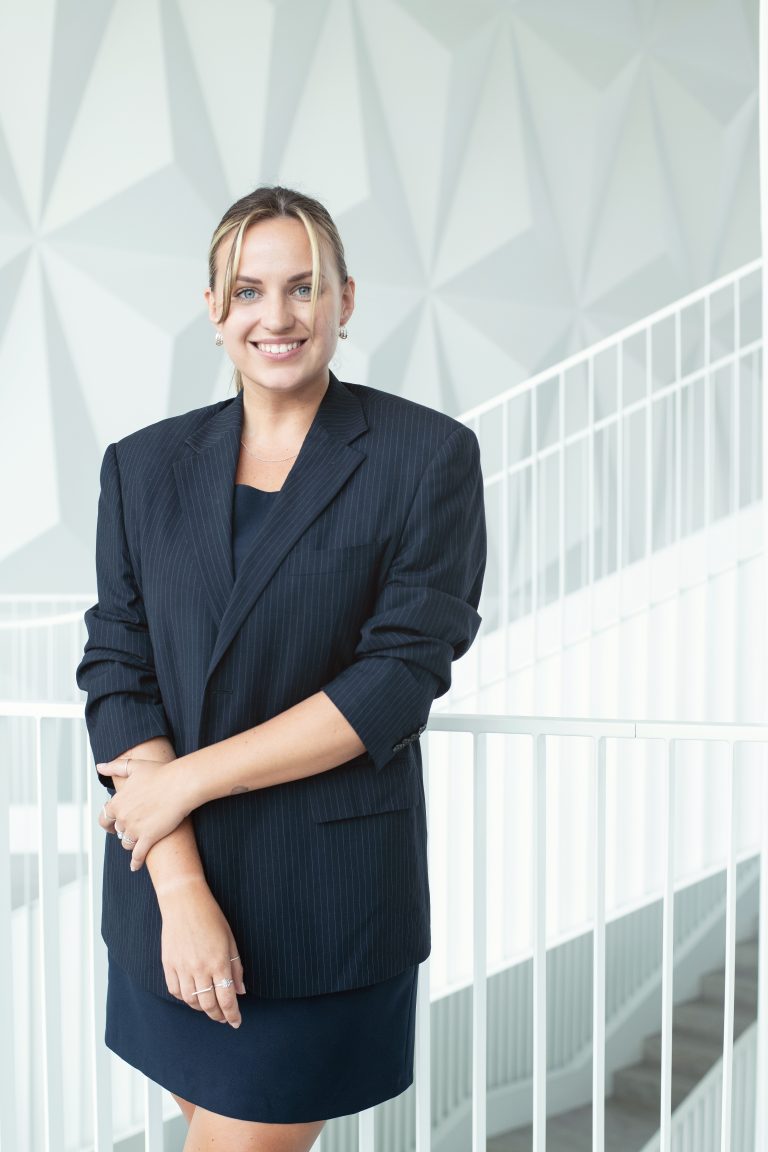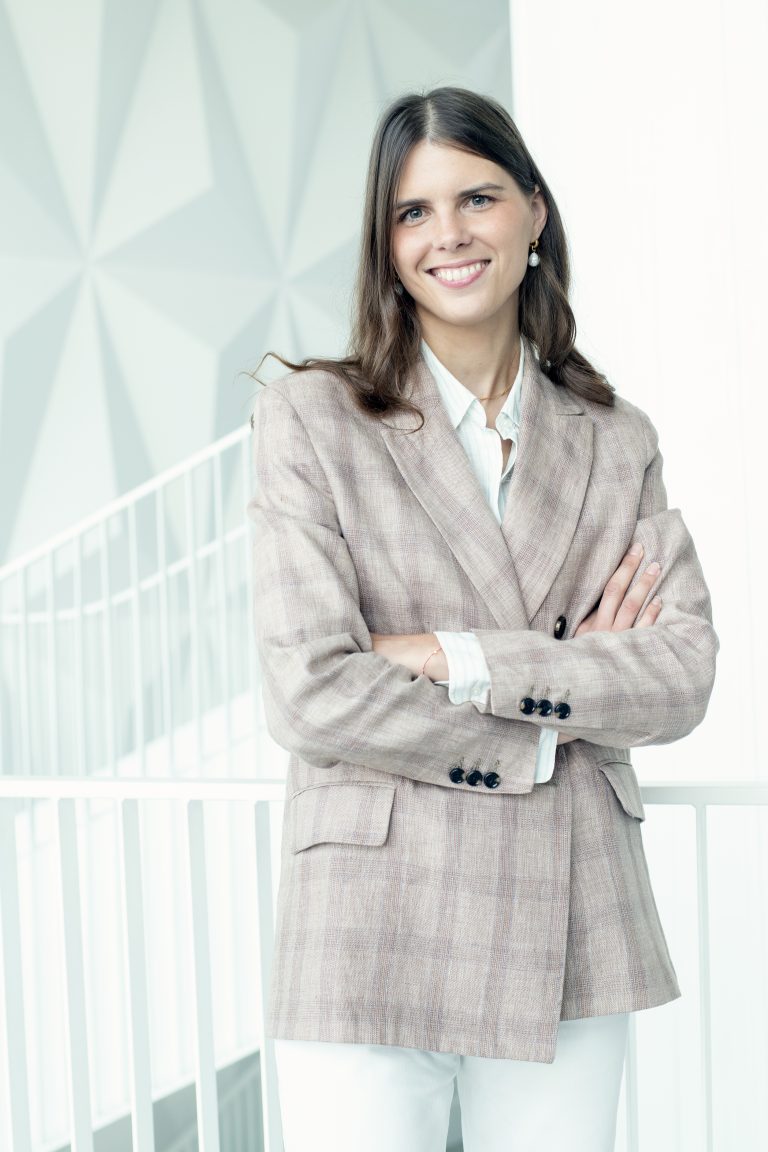Kurkime modernią Lietuvos ateitį kartu
RegistruotisMinistry of Social Security and Labour of the Republic of Lithuania
Towards stronger NGOs: enhancing NGO Fund’s budget
Problem
An active civil society serves as a crucial foundation for a strong country. The stronger the non-governmental organizations (NGOs) are, the more effectively they can amplify the voices of the Lithuanian population and address their concerns. According to the data from the Civil Society Organization Sustainability Index, the situation of the NGO sector in Lithuania is gradually improving, but the institutional capacities of organizations remain weak. Most of Lithuania’s NGOs lack the necessary financial resources that could be allocated to strengthening their institutional capacity, thus not only ensuring smooth functioning in the present but also allowing their growth and development in the medium and long term.
In 2020, the Non-Governmental Organisations Fund (NGO Fund) was established within the Ministry of Social Security and Labour with the aim of strengthening the institutional capacity of NGOs, investing in the sector and ensuring the sustainable development of trusted state partners. One of the main areas of the NGO Fund’s financing is the competitive allocation of funds to NGOs for the formulation and implementation of their development policies. It is important to emphasize that unlike many other public sector programs or funds that allocate funds to non-governmental organizations, the funding provided by the NGO Fund is focused specifically on strengthening the competences and abilities of organizations, and not on covering the costs of their ongoing projects or activities.
Recent statistics from the NGO Fund’s call for proposals show that its current budget is insufficient to meet current and future funding needs. In 2023, out of the 278 applications aimed at strengthening NGOs’ institutional capacity, only 79 were funded (i.e. barely more than a quarter – 28% of the total number of applications received). As many as 50 NGO applications, which met all the requirements and were deemed by experts of the highest quality, had to be ‘left behind’ on the reserve lists and could not be funded. The current budget of the NGO Fund, totaling EUR 2.9 million in 2023, falls short of meeting the demand in light of the State’s objectives to bolster the NGO sector.
In order to accomplish substantial and enduring improvements in strengthening the institutional capacities of Lithuania’s non-governmental sector, it is crucial to ensure that targeted funding from the NGO Fund becomes accessible to a broader array of organizations. This entails augmenting the NGO Fund’s budget through the pursuit of innovative financing solutions.
Project’s problem: the NGO Fund’s budget is insufficient to support applications for enhancing institutional capacity, as well as other activities such as research or training aimed at strengthening NGOs.
Goal
The aim of the project is to explore innovative solutions and develop an action plan to boost the number of projects funded by the NGO Fund, while also identifying avenues for financing additional activities of the NGO Fund.
Project progress
2024/05/02
Current situation analysis
2024/05/23
Analysis of the current situation
2024/06/28
Best foreign practices analysis
2024/07/29
Legal consultations with representatives of 13 different organizations and institutions
2024/08/26
Case study presentation to NGO Development Department
2024/08/29
Presentation of project results to the Minister's Cabinet
2024/09/03
Submission of recommendations
Result


